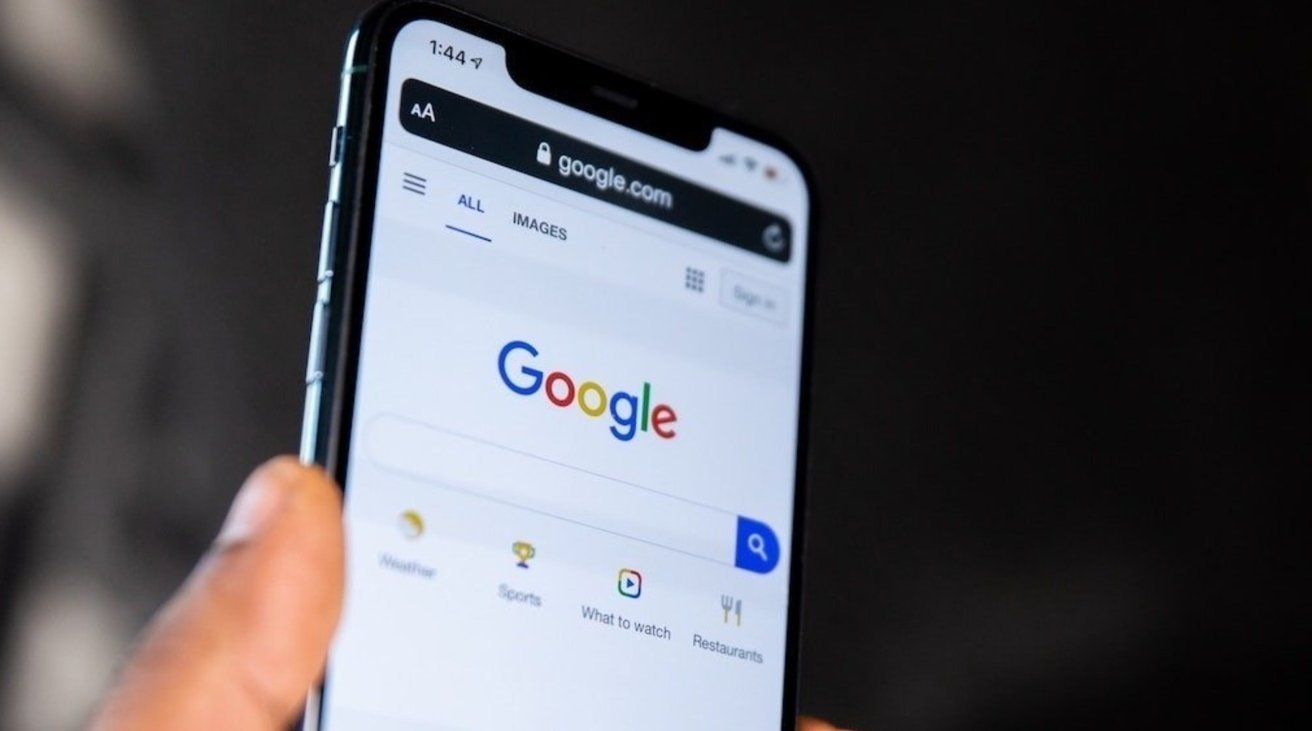Apple will not be able to intervene in an upcoming antitrust hearing that could affect its $20 billion annual search deal with Google, because its lawyers took too long to make the request.
A hearing in April will continue the Department of Justice’s antitrust action against Google over deals it made with Apple and other companies to be the default search engine in web browsers. However, despite it being something that could endanger billion-dollar payments made by Google to Apple, Apple won’t have much influence at the hearing at all.
A Friday ruling by the D.D. Circuit Court of Appeals upholds a January ruling by U.S. District Court Judge Amit Mehta that Apple could not present live testimony or conduct any cross examination of witnesses during the hearing, reports MediaDailyNews.
Apple filed a motion to the court on December 23, asking to be a participant in the remedy trial due to the massive sums at stake. However, Judge Mehta believed Apple was too slow, only intervening once it determined its interests were “no longer adequately protected” instead of at the start of the case in 2020.
While Apple can’t do anything live, the company can still submit written testimony and file friend-of-the-court briefs. This does still give Apple input into the hearing, if not to the level it would prefer.
Unheard at hearing
In August 2024, after a ten-week trial, a court determined that Google had violated antitrust law with a monopoly in advertising and search. This included payments by Google to Apple to make Google the default search engine in Safari, cementing its position for iPhone users.
The payments were sizable, including one from 2022 that transferred $20 billion to Apple.
Following the ruling, in October, the Department of Justice started to make recommendations to break up Google, such as by forcing it to sell off Chrome. A concept the DoJ formally filed with the court in March.
Google has also offered its own remedies to the court, which includes the possibility of changing contracts with “browser companies” like Apple. This could allow the browser companies to implement different default search engines on different platforms, and allow for changes to the default search provider ever 12 months.
Apple, however, believes that such changes could be a major concern for the company, with SVP of Services Eddy Cue insisting in December that Apple had no interest in creating its own search engine. It would rather continue to work with Apple instead of spending “billions of dollars” and numerous years to create its own.
In January, after being told it cannot be involved directly, Apple filed a motion to delay the whole proceedings.
On Friday’s ruling reconfirming Apple’s limited actions, the appellate court added it would finalize the order on March 28, giving Apple time to further review it.





